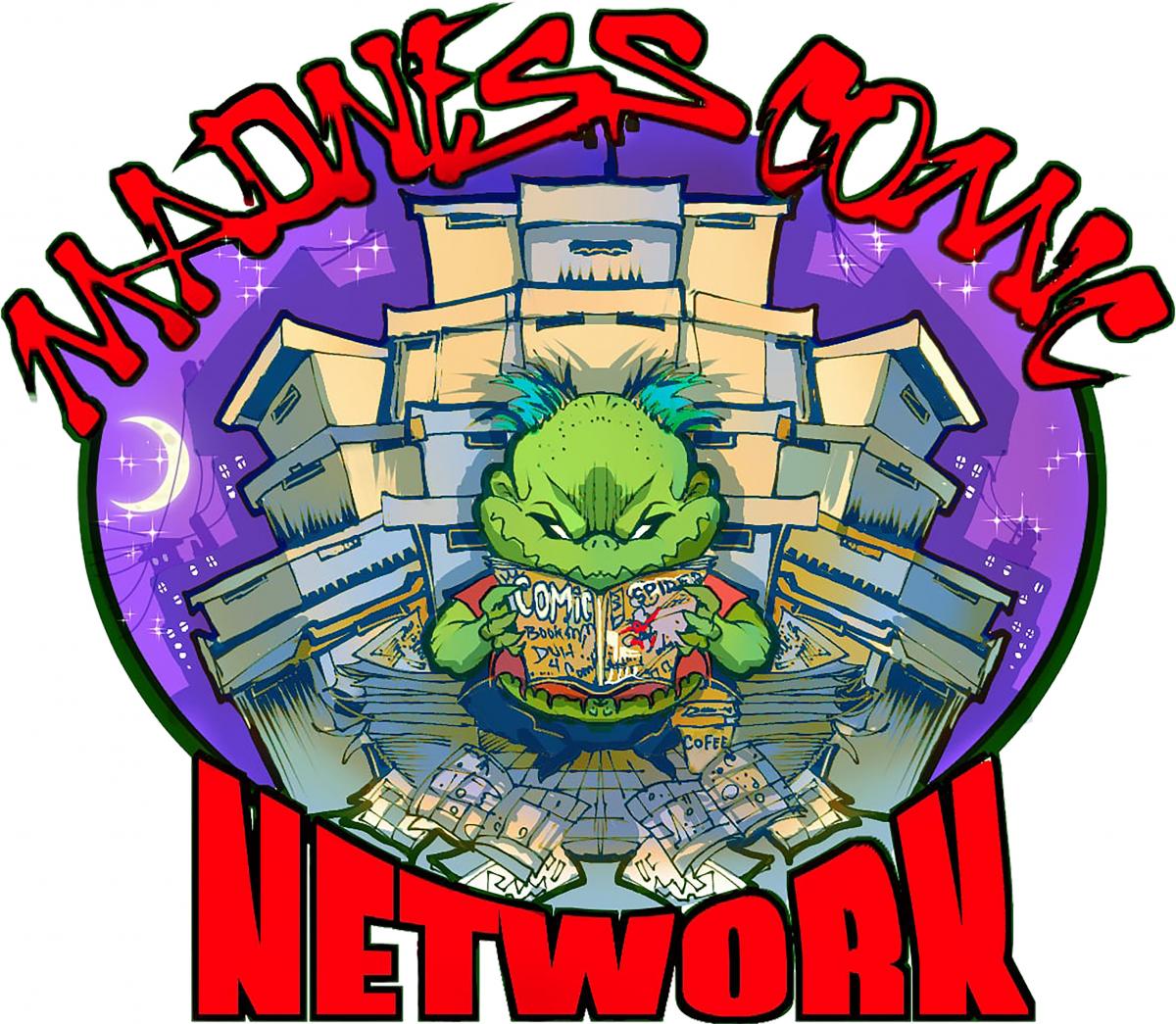Don’t Be a Cyberattack Victim This Holiday Season
FTC Statement: Reviewers are frequently provided by the publisher/production company with a copy of the material being reviewed.The opinions published are solely those of the respective reviewers and may not reflect the opinions of CriticalBlast.com or its management.
As an Amazon Associate, we earn from qualifying purchases. (This is a legal requirement, as apparently some sites advertise for Amazon for free. Yes, that's sarcasm.)

By Alain Ghiai
CEO of GlobeX Data Ltd.
Not a day seems to go by without reading about the latest cyberattack. With the holiday season upon us, the stakes grow higher as digital criminals exploit the increase of e-commerce activity from consumers.
The truth of the matter is no one is safe anymore -- big companies like Equifax and Facebook to Uber and eBay have been suffered major security breaches, along with countless everyday people. There has long been a prevailing attitude among many individuals that goes, “If I get hacked, I’ll just change my password.” Whether that reflects misplaced trust in our constantly-connected world or simply laziness, it seems the majority of people think a digital security breach will never strike them and if it does, it won’t be a big deal. But deep inside they know that may not be true. With the tremendous increase of online financial activity taking place during the holiday shopping season, the odds of being the target of an attack is multiplied many times over.
Not only is our money at risk, but our personal information, as well. As for easily fixing things after you’ve been hacked? Ask anyone who’s been digitally compromised and they will tell you it can take years to repair the damage.
With the deck seemingly stacked against us, what chance does the average person have if the bad guys have them in their crosshairs? Despite numerous reports of major corporations and entire cities being held hostage by cyber criminals, there actually are things the average person can do to help ensure their holidays are a time of joy and celebration, not disaster and damage control.
-- Never assume you are safe online. Today’s online world is convenient, with apps for everything and access to our personal finances and our most personal information just a tap away on our smartphones. But convenience comes at a price. This very ease in use is at the center of the problems we are facing today.
-- Cyber theft is largely based on hackers using your personal information against you. The biggest culprit is social media. Whenever you update your status on any of the many platforms, you are giving away information about yourself which artificial intelligence can capture. Through this means hackers can develop a profile on you and your personal habits, including determining where you bank, where you eat, which gym you frequent. Most people don’t realize they are making it easy for hackers to target them by announcing their profiles to the world.
-- Do not use free services, such as Wi-Fi, email and cloud data storage. While many of these online services are household names and extremely popular -- such as WhatsApp and Facebook Messenger -- they are all inherently insecure. In addition, your privacy is compromised when you use them. Remember the old saying, “Nothing is really free?” Their business model is based on advertising and through their careful monitoring of the habits of their users. Countless millions of individuals are inadvertently handing over their personal data to these companies, which they turn around and sell to other businesses.
-- Consider using an encrypted email service to protect the privacy and security of your messages. If you insist on staying with G-mail, Yahoo mail or any of the other many free email services, assume your messages can be read by anyone. Therefore, do not send anything sensitive or personal via these email services, such as credit card numbers and passwords.
-- Always remember that when you connect to Wi-Fi in a coffee shop, hotel or airport, you are inadvertently exposing yourself to virtually every single person who is logged on at the same time. Many hackers hang out on public Wi-Fi just waiting for the opportunity to strike.
-- Do not do online banking through apps. Apps are created by third-party developers and there is no way to know they are secure. Your life savings could wiped out simply by using an app with security holes.
-- We’ve all heard this a million times, but do not use the same password for all your accounts. Also, be sure to change them regularly. The easiest way to handle this is through an inexpensive password manager.
About Alain Ghiai:
Alain Ghiai is the CEO of GlobeX Data Ltd., a publicly listed company (OTCQB: SWISF) that distributes, designs and develops Swiss-hosted software and cybersecurity solutions for secure data management and secure communications. He has been an active internet entrepreneur since 2000. In 2009, Ghiai was mandated by the Republic and State of Geneva's Economic Development Office to represent it to Gulf Cooperation Council countries and Canada in all matters relating to the fostering of good relationships between companies originating in GCC countries, Canada and Switzerland. For more information, visit https://www.globexdatagroup.


